water for deprived communities
Despite substantial improvements in water access in Ghana, one out of every ten people must wait more than 30 minutes to get a better supply of drinking water. Another 11% of the population continues to drink from surface and other dangerous water sources.
According to UNICEF 76% of Ghanaian families are at danger of drinking water tainted with feces. Furthermore, just 4% of families treat water properly before consuming, and 93% of homes do not treat water at all. Poverty and water collection time are strongly linked, with the poorest people more than 20 times more likely to spend more than 30 minutes collecting water than wealthy people.
There are also regional disparities, with households in the Northern Region 16 times more likely than those in Greater Accra to have to spend more than 30 minutes collecting water. Long collection times for water, a cost predominantly borne by women and children, are likely to demonstrate gender disparities in access to water. It is against this background that we have decided to provide good water systems that can also create jobs for deprived communities.
In our study, we discovered that poverty is the leading cause of deprivation of safe drinking water in most of our targeted populations. As a result, our team has decided to devise a strategy in which water systems can be developed and made available for domestic consumption, irrigation, animal rearing and small and medium enterprises usage. The water system can be used to generate income for the community. Proceeds will be used to maintain the water system and support the people of the community
-
-
- Improve access to water in order to accomplish the Sustainable Development Goals (SDGs).
- Provide employment opportunities for unemployed water management professionals.
- Improve operational efficiency of the water system.
- Use revenue from the water system to fund maintenance, expansion, and new facility building.
- Use cutting-edge technologies to address water quality and operational efficiency issues.
- Optimize health advantages, improve access to sanitation and hygiene services.
-
| Provide Water Systems |
|---|
| Prepare maintenance schedules |
|---|
| Prepare and keep financial records |
|---|
| Meet Community Members |
|---|
| Provide Roles for females in a key financial position (financial clerk, revenue collector, treasurer, or vendor) |
|---|
| Train Repair and Maintenance Persons |
|---|
| Make Provision of tools and spare parts |
|---|
| Provide technical support when needed |
|---|
| Provide financial management training to Financial Clerk, Revenue collector, treasurer and Vendors. |
|---|



